What Are You Looking For?
Fuel cell catalyst is the core material in fuel cells, such as proton exchange membrane fuel cells (PEMFCs), which accelerates the electrochemical reaction rate (such as hydrogen oxidation and oxygen reduction), thereby improving the efficiency and power output of the cell.
Brand :
RubriCustomization :
Support
Product Description
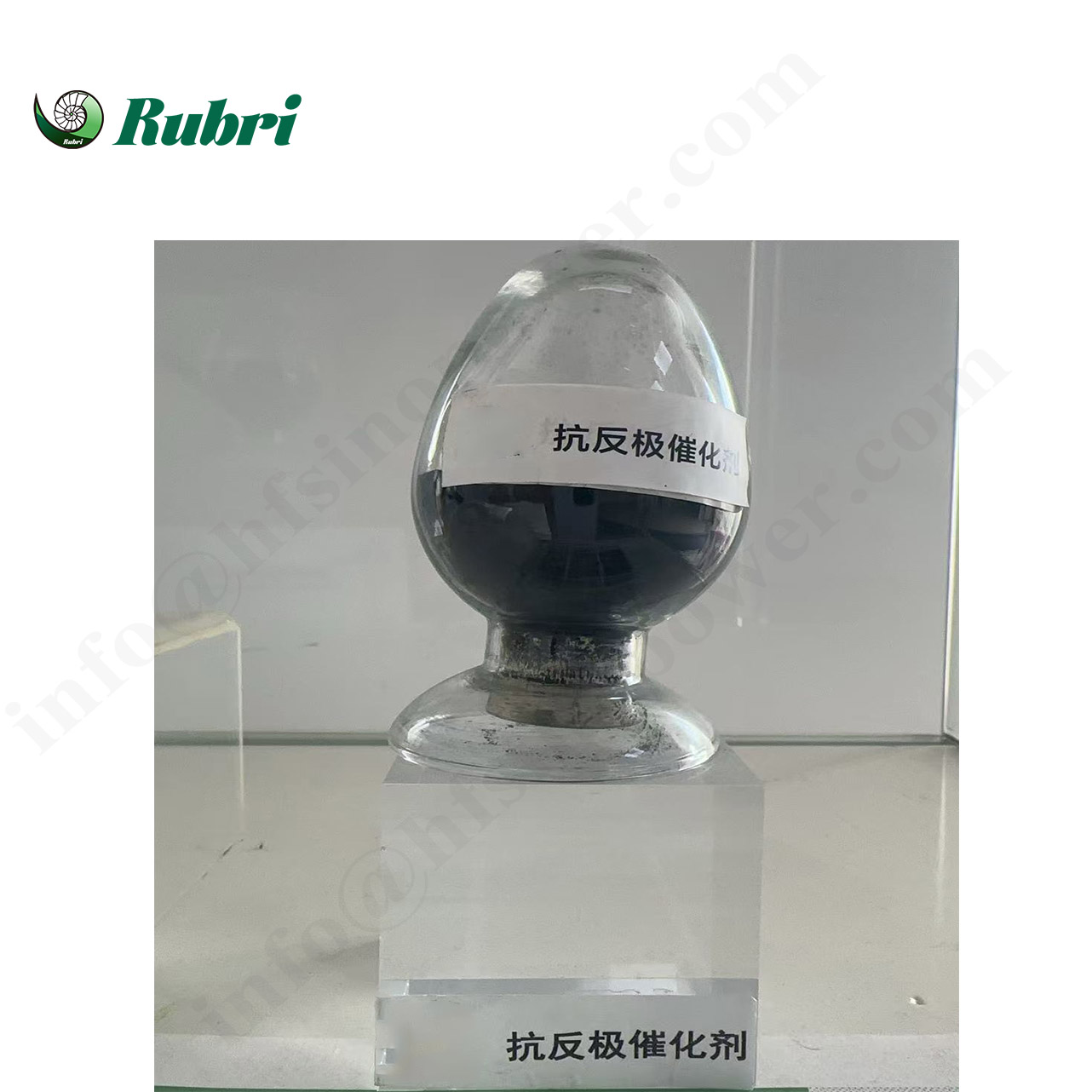
Fuel cell catalysts have the following core functions:;
Can reduce the activation energy of the reaction:
accelerate the oxidation reaction of hydrogen (H ₂) at the anode (H ₂ → 2H ⁺+2e ⁻) and the reduction reaction of oxygen (O ₂) at the cathode (O ₂+4H ⁺+4e ⁻ → 2H ₂ O).
Improve electron transfer efficiency: reduce polarization loss, increase battery voltage and power density.
Specification
|
Category |
Name |
Quality Specific Activity A/Mg Pt |
Electrochemical Surface Area Range ECSA (m2/g) |
Platinum Particle Crystal Size Range * XRD Nm |
|
Cathode Catalyst |
40% Pt/C |
0.27-0.29 |
65-79 |
3.8-4.5 |
Application scenarios
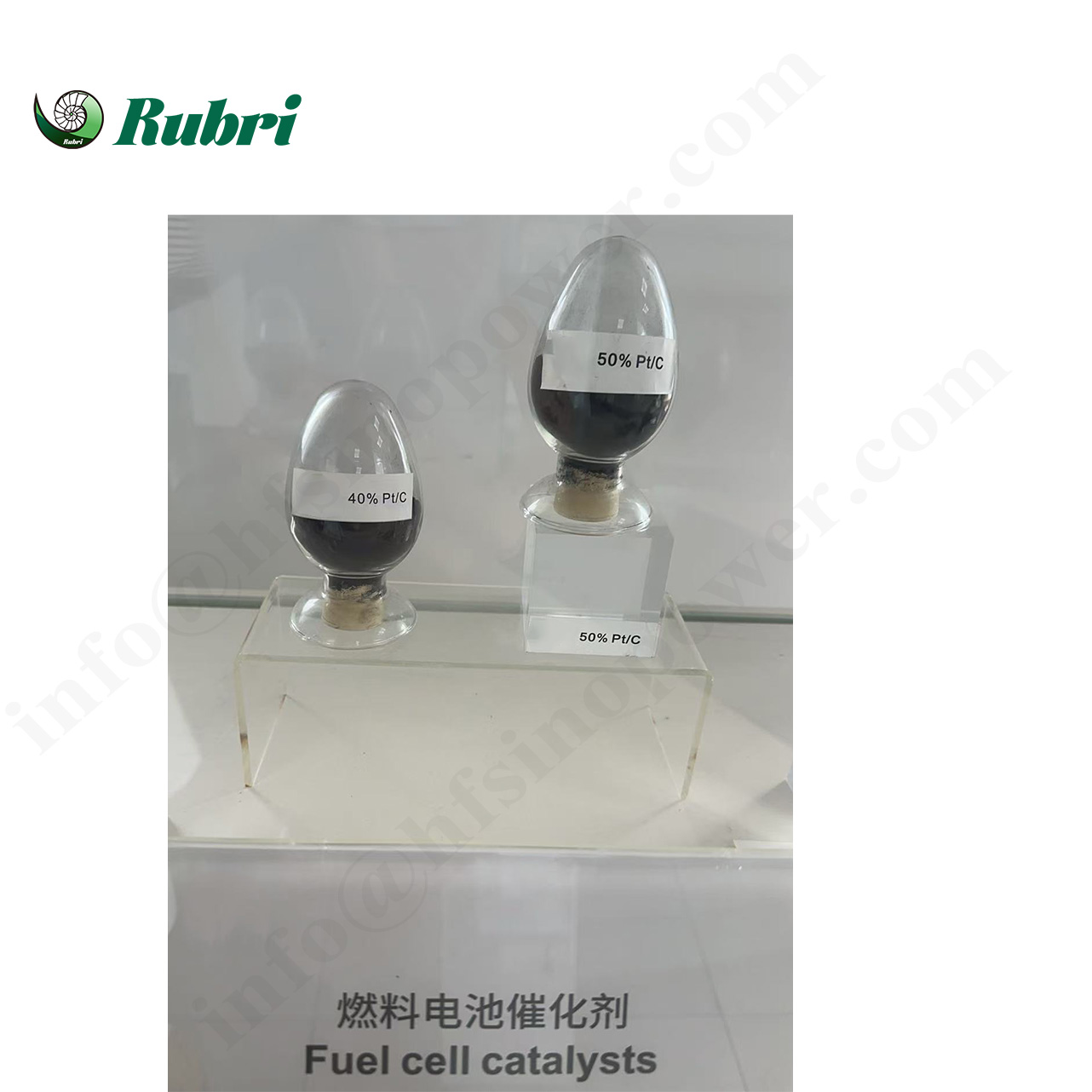
1. Fuel cell vehicles
2. Fixed power generation and energy storage
3. Portable and specialized power sources
4. Emerging application areas, such as ship power and mobile charging devices
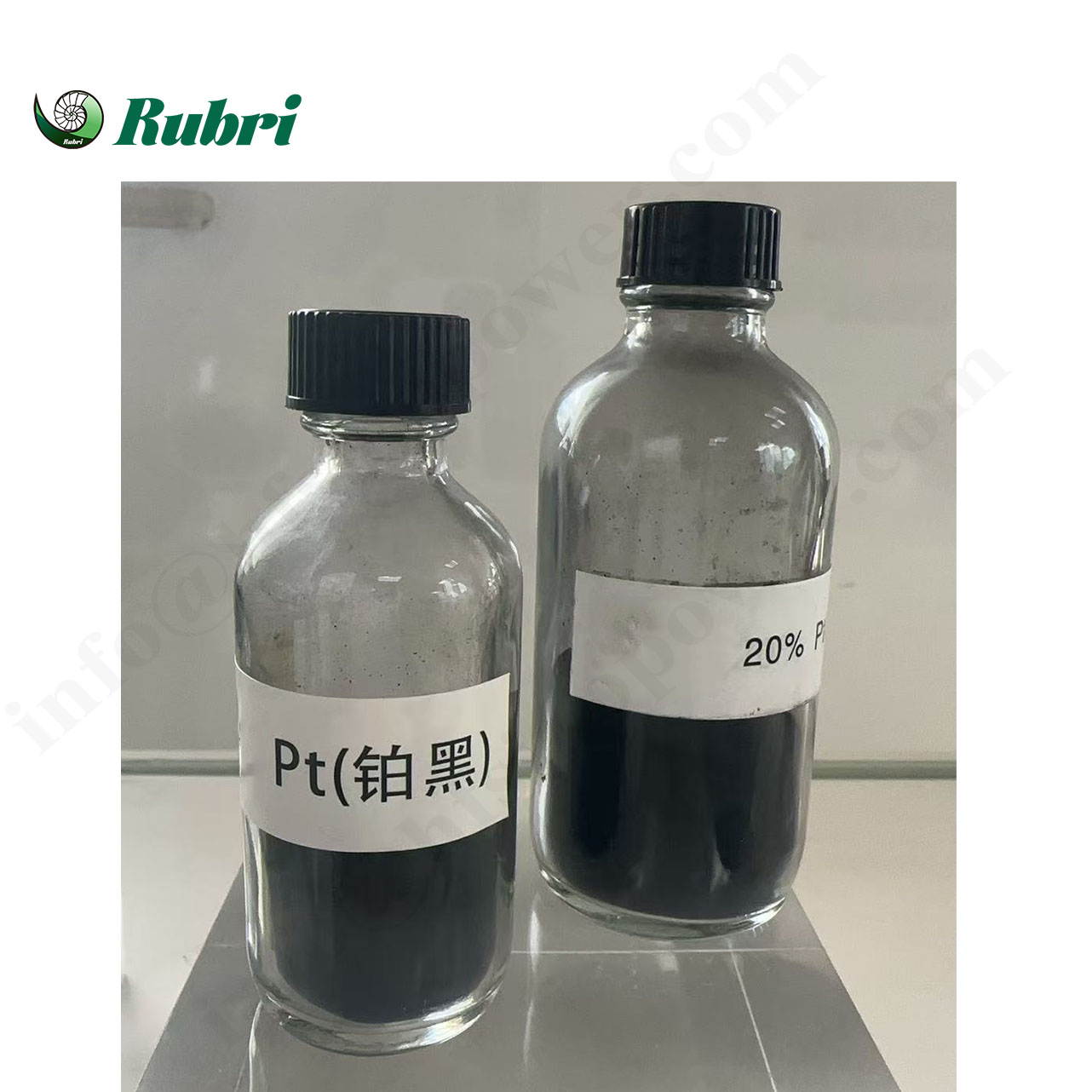
Fuel cell catalyst is the core material in fuel cells, such as proton exchange membrane fuel cells (PEMFCs), which accelerates the electrochemical reaction rate (such as hydrogen oxidation and oxygen reduction), thereby improving the efficiency and power output of the cell.
Read More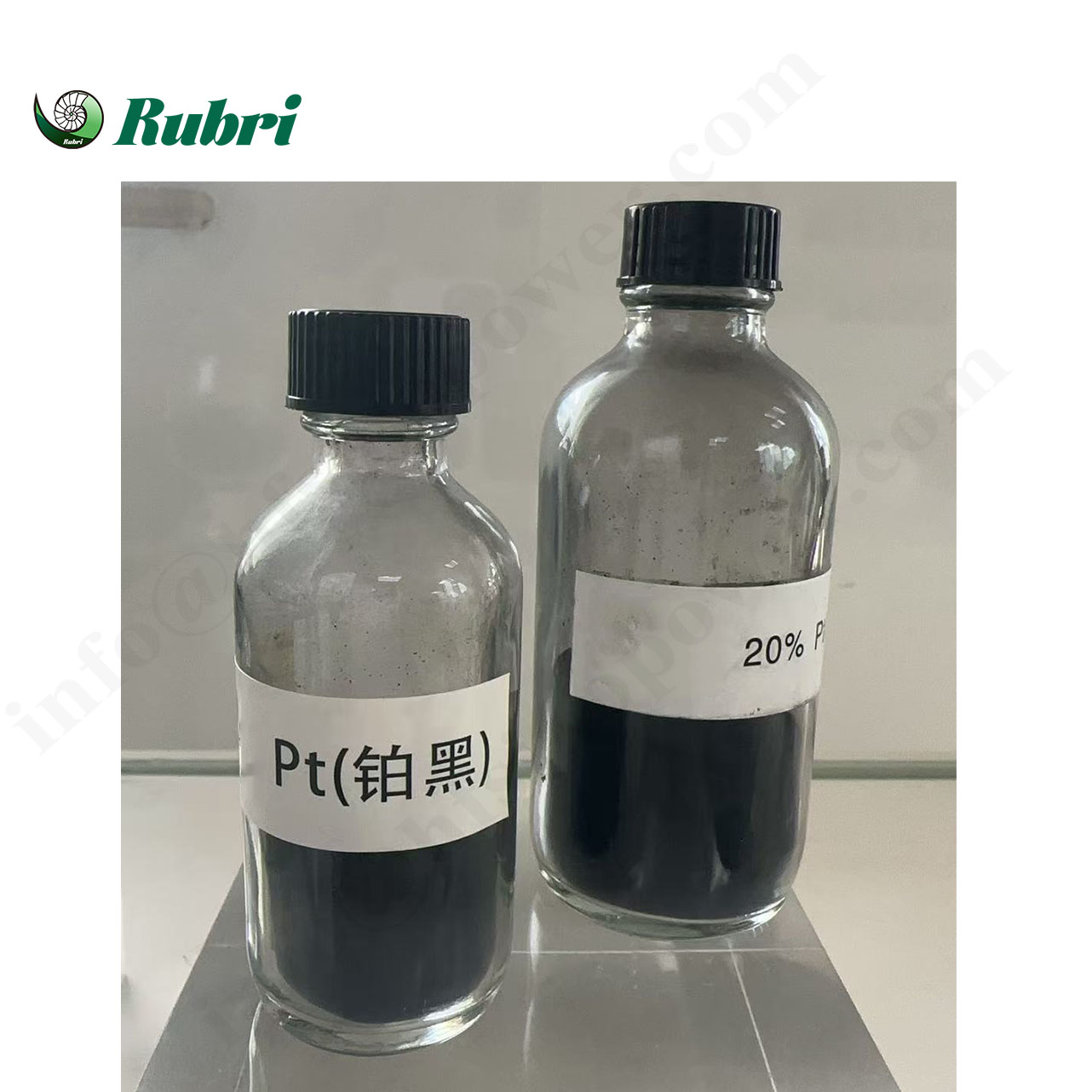
Fuel cell catalysts are key materials in fuel cells that promote electrode reactions such as oxygen reduction reaction (ORR) and hydrogen oxidation reaction (HOR), and their performance directly affects cell efficiency, lifespan, and cost.
Read More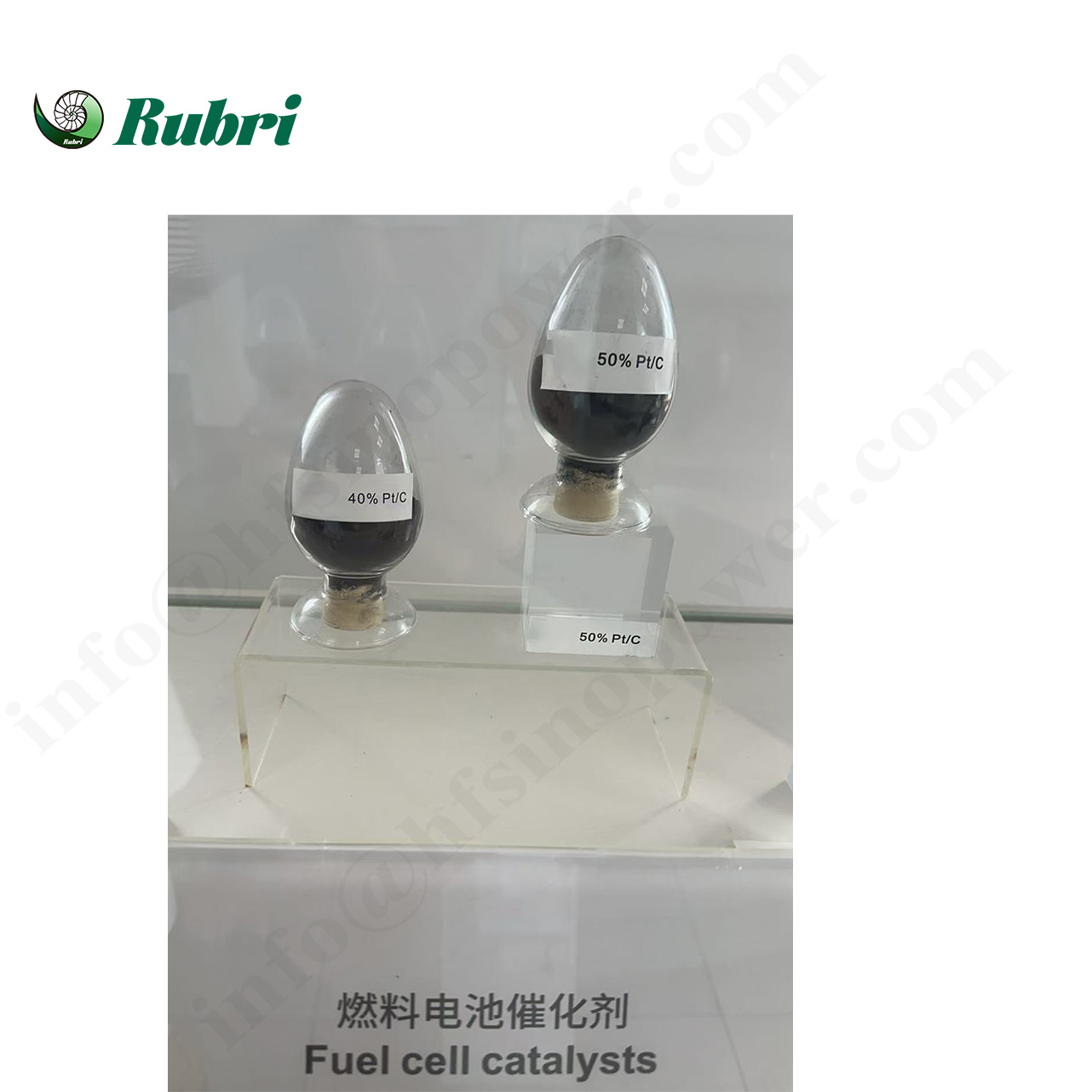
Pt/C catalyst for fuel cell cathode is a key material used in fuel cells, especially proton exchange membrane fuel cells (PEMFCs). Its main function is to accelerate the oxygen reduction reaction (ORR) at the cathode, thereby improving the efficiency and performance of the cell.
Read More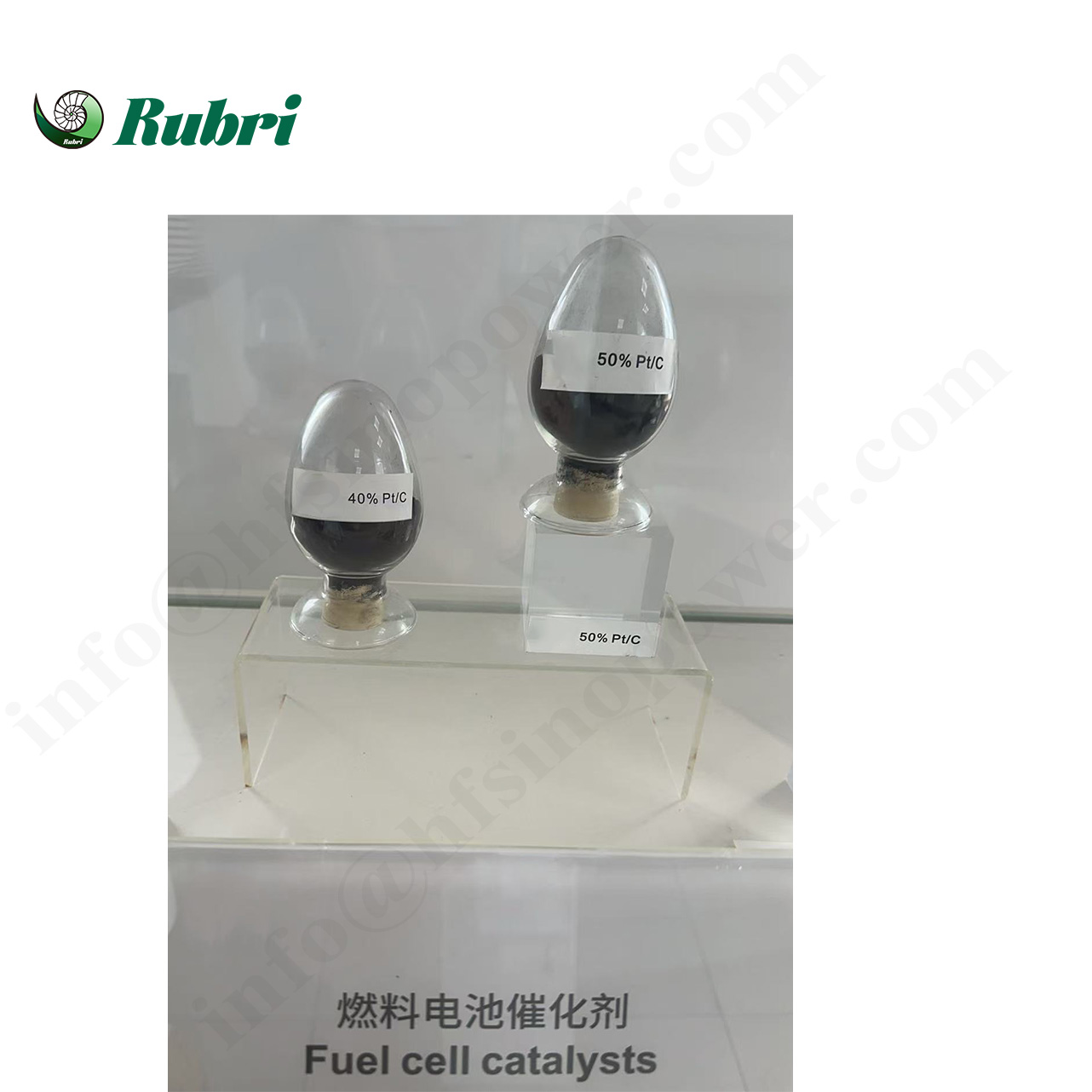
Fuel cell catalysts are key materials in fuel cells that promote electrode reactions such as oxygen reduction reaction (ORR) and hydrogen oxidation reaction (HOR), and their performance directly affects cell efficiency, lifespan, and cost.
Read More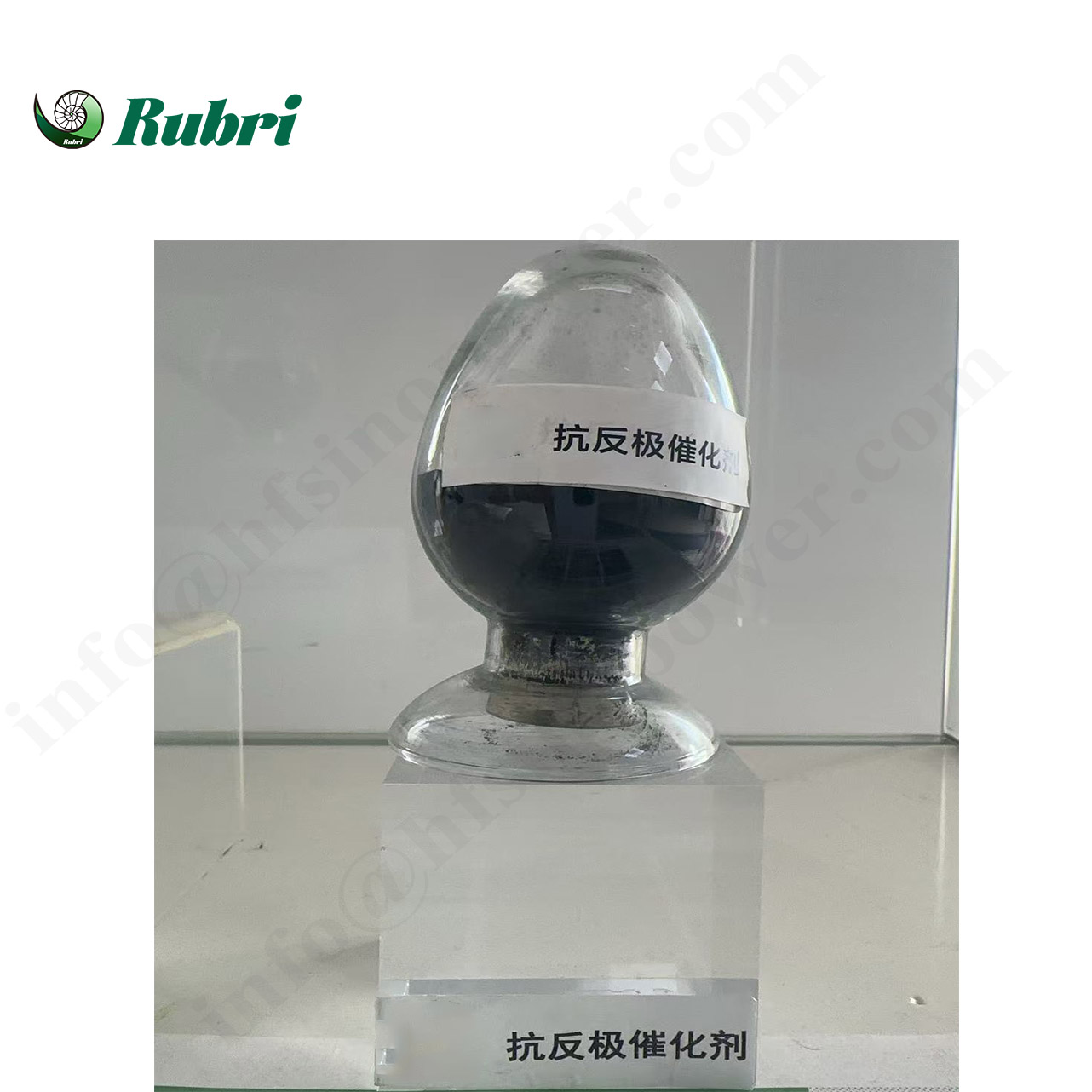
Fuel cell catalysts are key materials in fuel cells that promote electrochemical reactions such as hydrogen oxygen reactions. Their core function is to reduce reaction activation energy and improve energy conversion efficiency.
Read More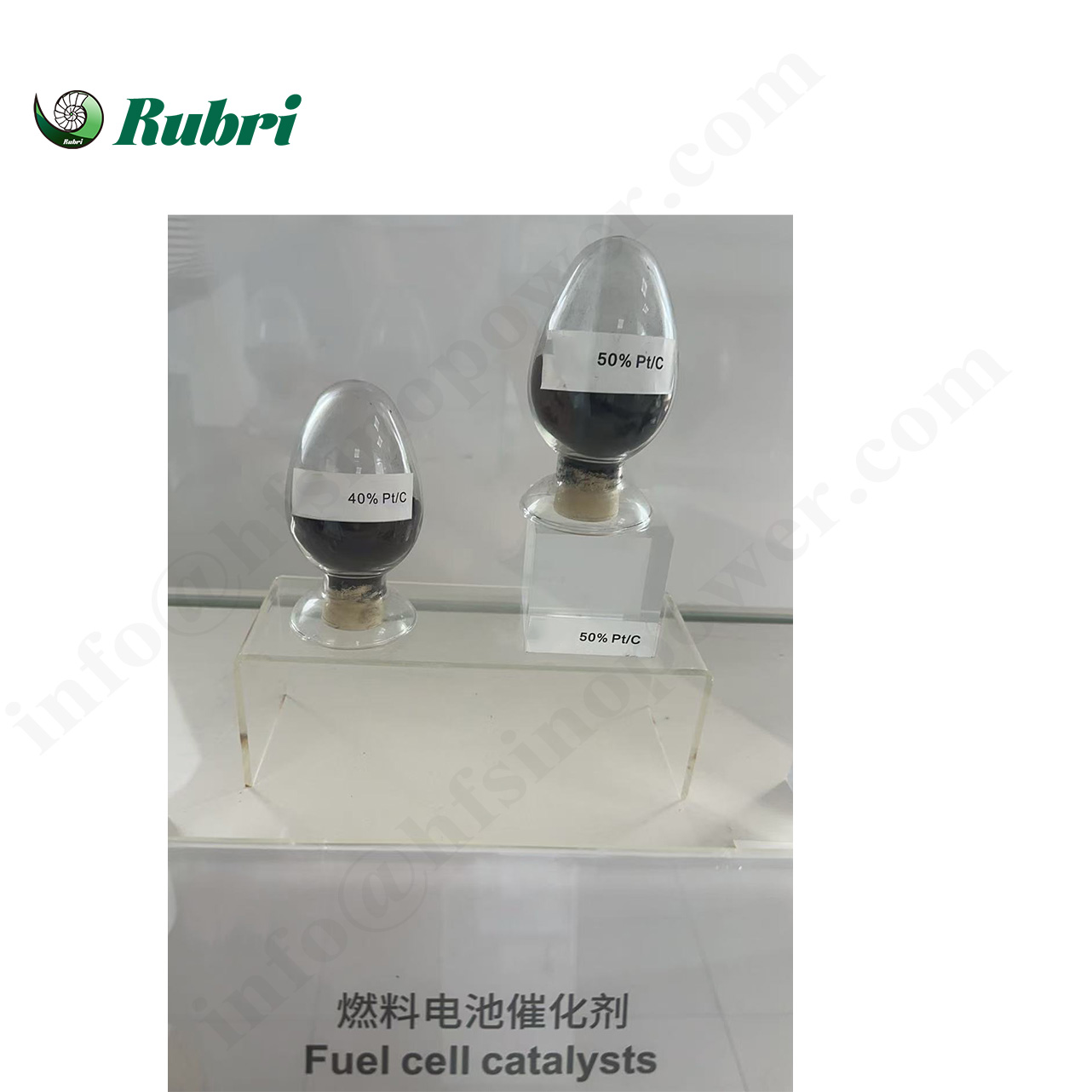
Fuel cell catalysts are key materials in fuel cells, used to accelerate electrochemical reactions on electrodes (such as oxygen reduction and hydrogen oxidation reactions), thereby efficiently converting chemical energy into electrical energy. Fuel cell catalysts are the core materials that determine the performance, cost, and lifespan of batteries.
Read More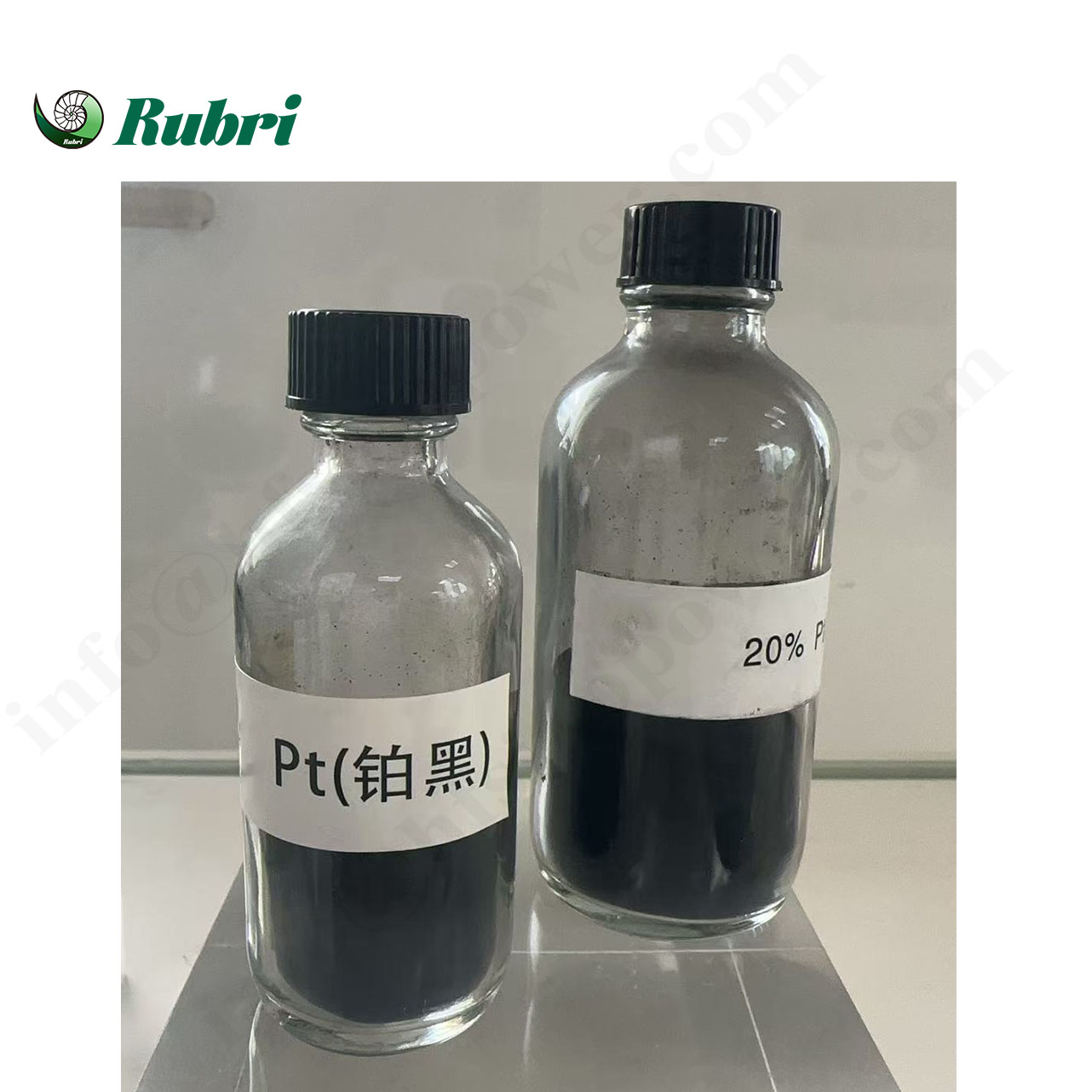
The anode catalyst of fuel cells is a key material responsible for catalyzing the oxidation reaction (such as hydrogen oxidation reaction, HOR) of fuels (such as hydrogen, methanol, etc.) in fuel cells, and its performance directly affects the efficiency, stability, and cost of the cell.
Read More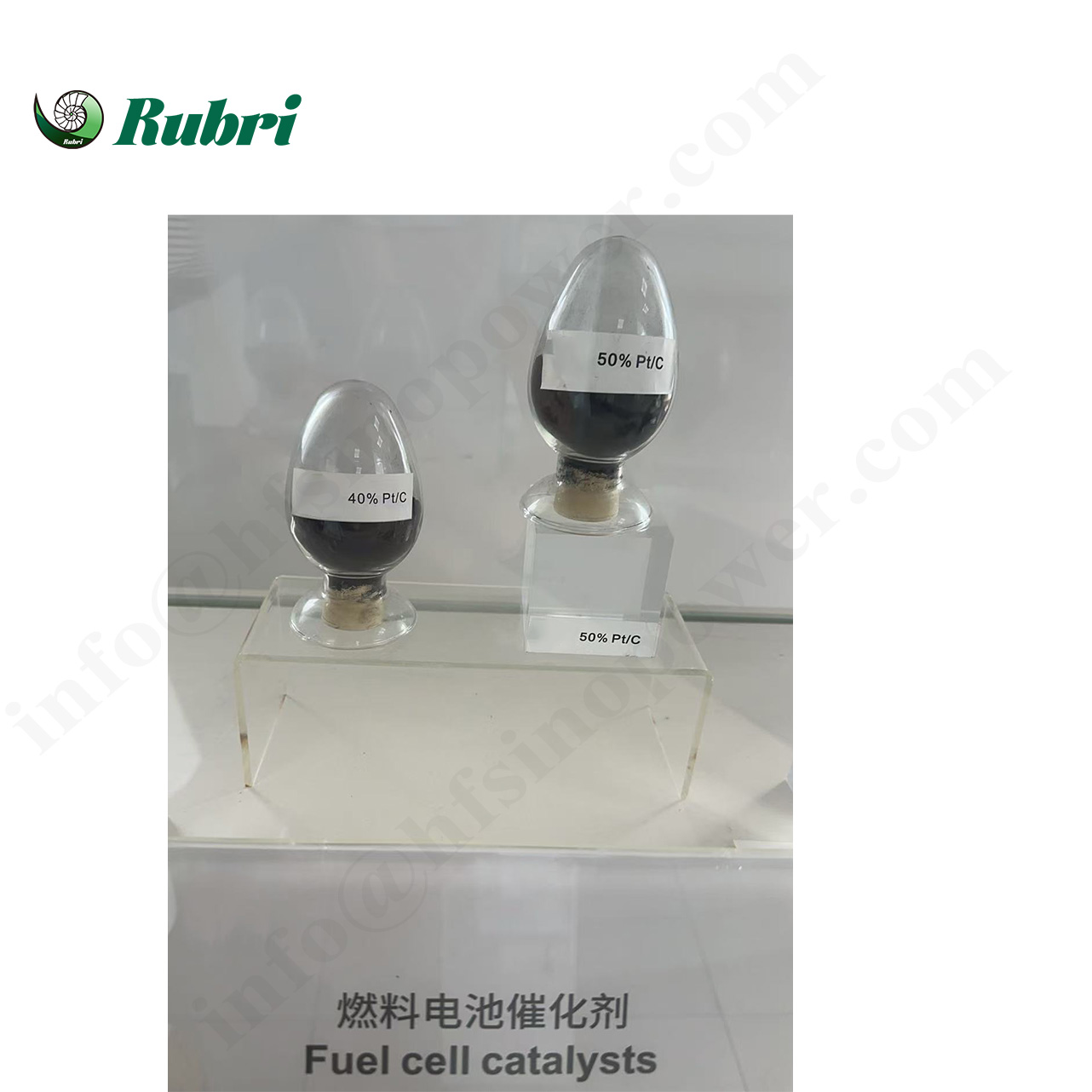
The anode catalyst of fuel cells is a key material responsible for catalyzing the oxidation reaction (such as hydrogen oxidation reaction, HOR) of fuels (such as hydrogen, methanol, etc.) in fuel cells, and its performance directly affects the efficiency, stability, and cost of the cell.
Read More
 IPv6 network supported
IPv6 network supported
